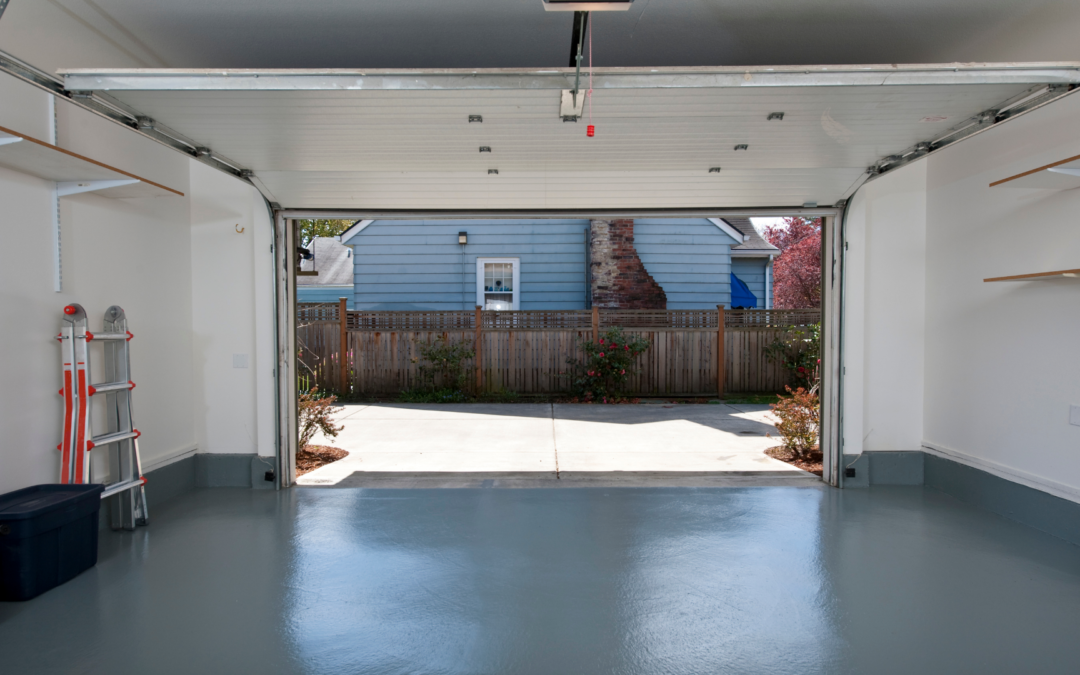
A malfunctioning garage door can be a major inconvenience, especially when it goes off its track. The garage door off track repair process involves restoring the door to its proper alignment so it can function smoothly and safely. Understanding the causes, repair techniques, and preventive measures can help you address the issue effectively and avoid further complications.
What Causes a Garage Door to Go Off Track?
Several factors can lead to a garage door derailing from its track, including:
Impact Damage
One of the most common reasons is accidental impact. Whether a vehicle bumps into the door or an object strikes it, the force can cause the rollers to dislodge from the tracks.
Broken or Worn Rollers
Over time, the rollers that guide the door along its tracks may wear out or break. This deterioration compromises their ability to stay securely within the tracks.
Misaligned Tracks
Tracks that are loose or bent due to wear or improper installation can cause the door to come off track.
Tension Spring Issues
The tension springs play a critical role in balancing the garage door. A broken or poorly adjusted spring can create uneven pressure, pushing the door off track.
Debris in the Tracks
Dirt, leaves, or small objects stuck in the tracks can obstruct the door’s movement, causing misalignment.
Steps to Perform a Garage Door Off Track Repair
Repairing a garage door that is off track requires careful attention to safety and detail. Here's a general step-by-step guide:
Disconnect the Power
Start by unplugging the automatic opener to ensure the door doesn’t move unexpectedly during the repair.
Secure the Door
Use clamps or locking pliers to hold the door in place to prevent it from falling.
Inspect the Tracks and Rollers
Check the tracks for bends, dents, or debris. Examine the rollers for wear or damage.
Realign the Tracks
Loosen the bolts holding the tracks and gently adjust them back into their correct position. Use a level to ensure proper alignment.
Reattach the Rollers
If the rollers have come off the track, carefully guide them back into place. For damaged rollers, consider replacing them.
Tighten All Components
Once everything is realigned, tighten the bolts on the tracks and ensure all other hardware is secure.
Test the Door
Reconnect the opener and test the door’s movement to ensure it operates smoothly.
When to Replace a Garage Door
In some cases, repairing a door off track may not be enough. Here are signs that you might need to replace garage door:
Extensive damage to the tracks, panels, or springs.
Repeated issues with the door going off track.
Significant wear and tear on an older door that affects functionality and aesthetics.
Replacing the garage door not only resolves persistent issues but also enhances the curb appeal and security of your property.
Preventing a Garage Door from Going Off Track
Taking preventive measures can save you from the hassle of frequent repairs:
Regular Maintenance
Inspect the tracks, rollers, and springs periodically for signs of wear or damage. Lubricate moving parts to ensure smooth operation.
Avoid Impact
Be cautious when parking or moving items near the garage door to prevent accidental collisions.
Keep Tracks Clean
Remove debris or obstructions from the tracks regularly to maintain proper alignment.
Professional Inspections
Schedule routine checks by a professional to identify and address potential issues before they escalate.
Conclusion
Handling a garage door off track repair requires a combination of skill, patience, and attention to detail. By understanding the common causes and following proper repair techniques, you can restore your garage door to its optimal functionality. However, if the damage is extensive or persistent, it may be time to consider replacing the garage door entirely.
Preventive maintenance is key to ensuring your garage door operates smoothly for years to come. Regular inspections, proper care, and prompt repairs will not only enhance the longevity of your door but also provide the peace of mind that comes with a secure and functional garage.
Write a comment ...